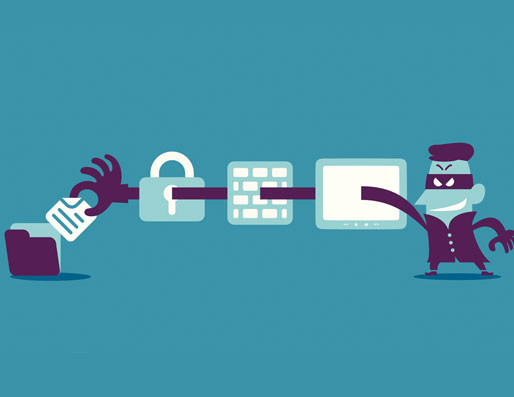Malware attacks can cause immeasurable damage to your business with an impact on its operations and reputation. Organisational data is sensitive and essential that requires an extreme level of security. You cannot risk hackers gaining access to the data and execute their mischievous plan.
Therefore, businesses must remain proactive in their data security to protect critical information. Damage control may not remain an option if the clients lose trust in your organisation for their personal information. Furthermore, protection from malware will require the employees to follow the security guidelines as it’s not a one-day process.
Investment for Security from Malware Threats
Small business often ignores the requirements for cybersecurity because of the limited budget. They rely on inefficient or obsolete tools with a heavy risk of malware attacks. The additional layer of security will require an investment they are not willing to make.
However, you should follow the best practices while trying to protect the systems from malware attacks. The investment can save many folds worth of damage if somehow these tools gain access to your systems. Thus, if you cannot afford them, try no guarantor loans from a direct lender to cover their cost with easy instalments.
5 Ways to Remain Proactive for Malware Attacks
The idea to remain proactive is essential in cybersecurity as damage control is extremely difficult. You must protect your systems with safety methods to avoid malware from gaining access to sensitive information. Here are a few ways to achieve the goal within your small business –
Install Anti-Malware Tools
Every system in your organisation should have an anti-malware tool as the first layer of defence. It will take care of the online threats by keeping an eye on the downloaded content. The users will get notifications for a potentially dangerous website or file before it downloads in your system.
Thus, it will make sure the users don’t accidentally download malware to jeopardise the security of your computer systems. You can also block the websites and few actions from the admin control. The tools will thoroughly scan the systems to find and delete any malicious programs such as worms, adware, and spyware.
Moreover, you should use the intrusion detection system in your computer network to increasing the security level. It will not let the hackers enter the system without authentication from the admin panel. Always keep the firewall on in your system and frequently scan the system for malicious files and programmes.
Increase Authentication Security
There are multiple ways to increase the authentication security in your computer network and accounts. Do not share the login credentials with everyone in the organisation. Use a very strong password with two-factor authentication to protect important accounts and sensitive information.
Set biometrics instead of traditional passwords as they are more secure. Never save passwords on a computer or network as unauthorised access can leave the security wide open. Though, you can use a password manager with enough security to remember the long list of secret codes.
Another basic yet extremely helpful security feature is the limit on login attempts. Give 3-5 login attempts to the user and block the access if they exceed the attempts. Set inactivity time to expire the session as people can use different systems within an organisation.
Train Your Employees
The organisational methods are a waste of investment if employees don’t use them. They require training and education about cybersecurity. Moreover,It will help them adopt the good practices without thinking of them as a drag.
The training should include practical sessions to find potentially harmful content and websites. Ask them to report the suspicious behaviour to the IT department to prevent a major disaster. And educate them on the safety habits while using the devices for personal and professional use outside the office.
Avoid Use of Admin Access
Admin can access every bit of information in your system. They have the authority to make changes to the user accounts without their permission. These rights can turn into a powerful weapon for the malware to access sensitive information.
Thus, you should avoid the use of admin access unless it is necessary. Do not let tools and software gain access to the admin control if they don’t have a legitimate source.
Update Your Systems
Developers provide regular updates for their tools to enhance the security layers. You must update them to get the latest security framework from the modern threats. The IT departments take care of these updates to ensure the organisation systems are running smoothly.
If you don’t have an IT department, the responsibilities lie on your shoulder to make sure the systems have the latest tools and solutions. Try the dedicated tools to automate the update process to save yourself time. They will update the systems during non-office hours without manual supervision.
Conclusion
In the end, you cannot rely on the tools and technology to protect your invaluable organisational data. Your proactive approach to using the latest practices will help those tools to perform their function. Otherwise, a simple mistake can give the hacks access to even the most secured systems on the planet.
Also Read: How to transform your small business into an international company?

